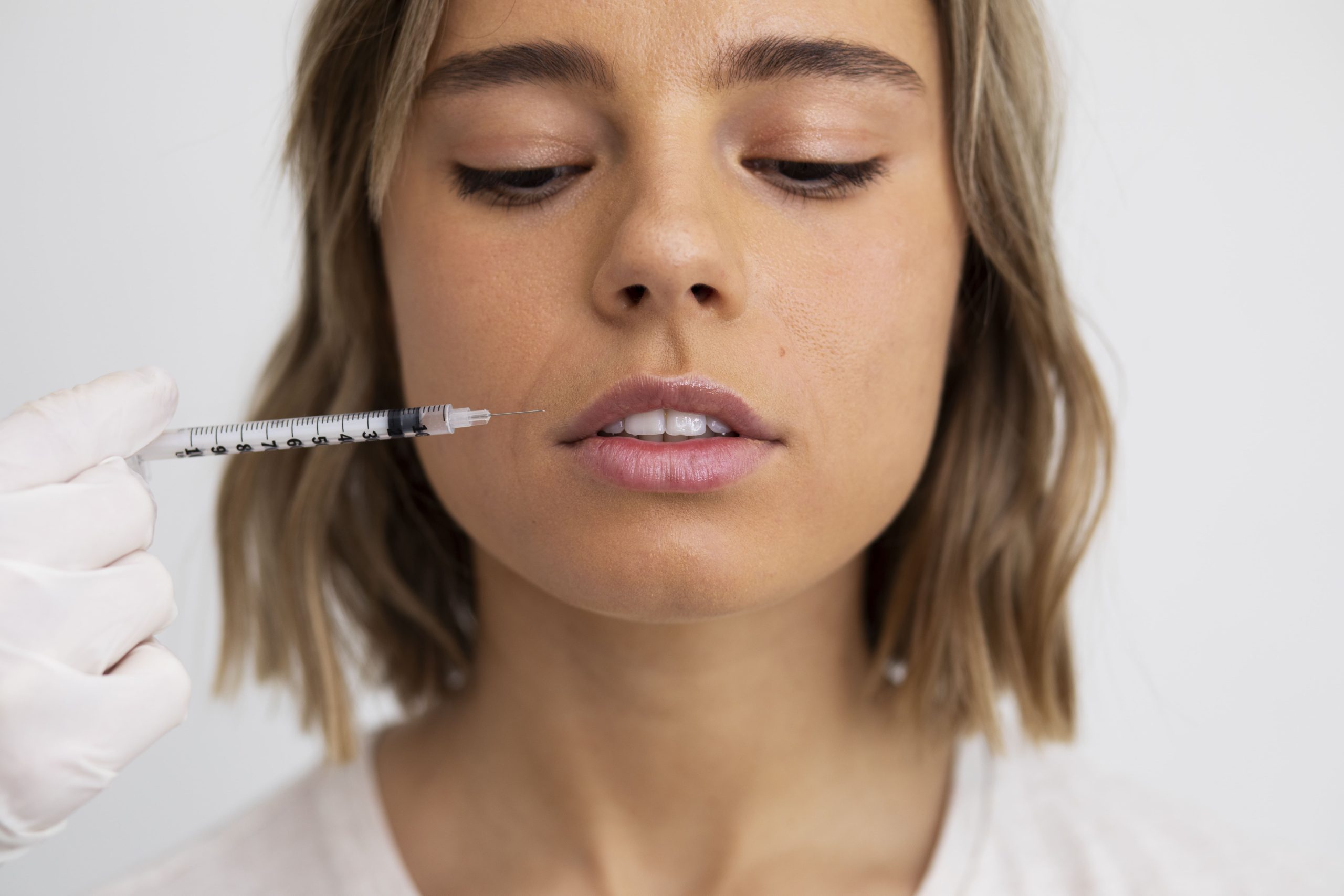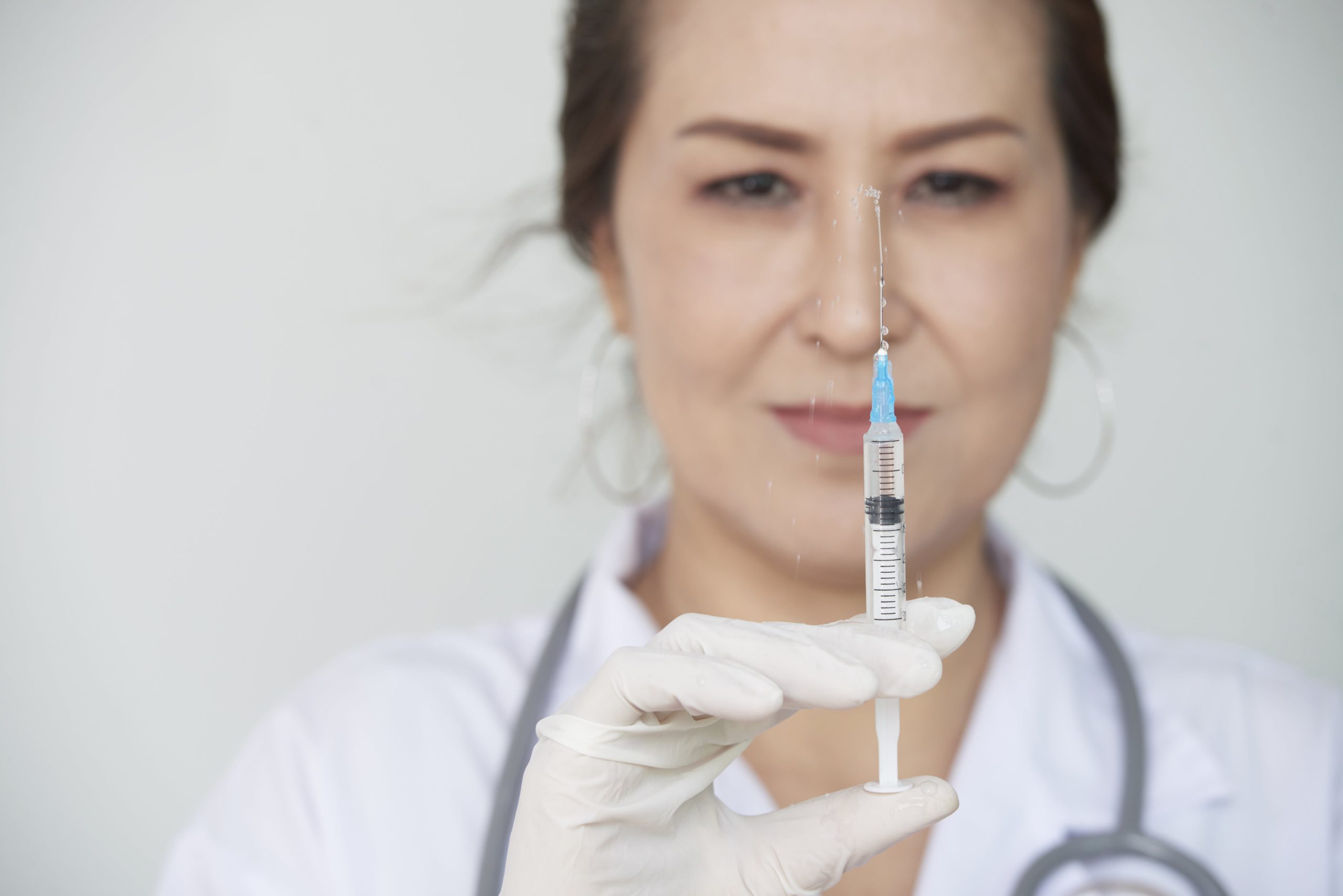How Long Does Restylane Last? Filler Duration by Treatment Area

Restylane is one of the most trusted dermal filler brands on the market, widely used for facial contouring, wrinkle reduction, and volume restoration. For medical aestheticians, understanding how long Restylane lasts in different treatment areas is essential for managing patient expectations and planning long-term treatment protocols. The longevity of Restylane results depends on several factors, including the specific product used, the area treated, the patient’s metabolism, and lifestyle habits.
Key Takeaways
This article will help you understand:
- What is Restylane?
- The duration of different Restylane fillers
- Different formulations of the products
- Various factors that affect filler duration
- Maintenance suggestions and tips
Overview of Restylane Longevity
Restylane fillers offer a wide range of durations, typically lasting anywhere from 6 to 18 months. The longevity of each filler depends heavily on the product formulation and treatment area.
First, it is important to explain that Restylane uses two proprietary technologies:
- NASHA (Non-Animal Stabilised Hyaluronic Acid) technology creates a firmer, more cohesive gel which is ideal for structural augmentation.
- XpresHAn technology produces a more flexible gel that integrates well into dynamic facial areas such as the nasolabial folds or lips.
The extent of hyaluronic acid crosslinking also plays a key role. More crosslinked gels are typically denser and more resistant to enzymatic breakdown, resulting in longer-lasting results.
Duration by Treatment Area
Different areas of the face and body experience varying levels of movement, blood flow, and metabolic activity, all of which influence the longevity of the results of the Restylane:
- Lips: High mobility means faster degradation, so the results vary from 6 ot 9 months. The most suitable product here is Restylane Kiss.
- Nasolabial Folds and Marionette Lines: Thanks to moderate mobility, the fillers get to keep their original shape longer, reaching anything from 9 to 12 months. The recommended products in this area are Restylane Refyne and Restylane Define.
- Cheeks and Midface: This low mobility zone usually provides a longer filler lifespan, ranging from 12 to 18 months. In these areas, Restylane Lyft is recommended.
- Under Eyes (Tear Troughs): It is well-known that the delicate eye area requires a smooth and subtle filler. Therefore, Restylane-L would be the perfect choice, and the duration of the results can be visible for up to 12 months.
- Jawline and Chin: The structural areas of the jawline and the chin tolerate denser fillers such as the Restylane Fine. As a result, the effects can be seen from 12 to 18 months.
- Hands: The skin on the hands is characterised by high activity and lots of exposure, both leading to quicker degradation. The recommended product is Restylane Lyft, and the expected duration is up to 6 months.
What Is the Longest Lasting Restylane?
Overall, Restylane Fyne and Restylane Lyft offer the longest-lasting results when it comes to the Restylane filler range. Namely, the two fillers can last up to 18 months, depending on the treatment area and other factors related to individual conditions and habits.
Does Restylane Make You Look Younger
Restylane dermal fillers can make a person look younger by reducing wrinkles and helping restore facial volume. This group of dermal fillers use hyaluronic acid to smooth and plump the skin, immediately helping diminish the appearance of fine lines, hollow areas, and wrinkles. When one of the products is used to enhance the cheeks and lips, it also creates a more youthful and rejuvenated experience.
Factors That Affect Duration
The longevity of the results of Restylane products depends on the following factors:
- Product Type: NASHA-based fillers tend to last longer in static areas, while XpresHAn products perform better in expressive areas.
- Injection Depth and Technique: Deep injections in areas like the cheeks or jawline tend to last longer than superficial injections.
- Treatment Area Mobility: Areas that move frequently (e.g., lips) tend to break down the filler faster.
- Patient Metabolism: Individuals with faster metabolisms may process HA more quickly.
- Age and Skin Quality: Mature skin or the skin that has been damaged by the sun may metabolise filler differently.
- Lifestyle Habits: Smoking, excessive sun exposure, and frequent exercise, especially strenuous one, can accelerate the degradation of hyaluronic acid.
- Injector Expertise: Restylane injections should be administered by skilled professionals. The more precisely the filler is injected, the longer it is going to last.
Maintenance Recommendations
In order to maximise safety and maintain optimal results, medical professionals should discuss a strategic maintenance plan with each patient:
- Follow-Up Treatments: Aestheticians should schedule follow-up treatments after 6 to 12 months, depending on the area and filler used.
- Product Selection Strategy: Patients should be advised to choose longer-lasting NASHA-based fillers for structure in areas such as the cheeks or chin, and flexible XpresHAn fillers for movement-prone zones like the nasolabial folds.
- Patient Education: Patients should receive advice on the importance of sun protection, healthy habits, and avoiding facial massage post-treatment to preserve results.
Restylane vs Other Brands
While Restylane is not the only HA-based dermal filler available, it stands out for its variety and customisation. In general, Juvederm fillers tend to have a slightly longer duration than Restylane fillers. However, the versatility, dual-technology approach, and the variety of products make Restylane a top choice for personalised treatments.
Conclusion
Understanding how long Restylane lasts in various treatment areas helps medical aestheticians deliver better care and patient satisfaction. With a duration ranging from 6 to 18 months, Restylane offers a flexible solution for addressing both dynamic and static facial zones. By choosing the right product, tailoring injection techniques, and planning maintenance in a careful way, practitioners can ensure long-lasting, natural-looking results for their clients. Registered aestheticians can buy Restylane online at the Best Buy Fillers e-commerce store.
References:
Rohrich RJ, Ghavami A, Crosby MA. The Role of Hyaluronic Acid Fillers (Restylane) in Facial Cosmetic Surgery: Review and Technical Considerations. Plastic and Reconstructive Surgery. 2007;120(Supplement):41S54S. https://pubmed.ncbi.nlm.nih.gov/18090342/
Wongprasert P, Dreiss CA, Murray G. Evaluating hyaluronic acid dermal fillers: A critique of current characterization methods. Dermatologic Therapy. 2022;35(6). https://pmc.ncbi.nlm.nih.gov/articles/PMC9285697/
Niamtu J. The Use of Restylane in Cosmetic Facial Surgery. Journal of Oral and Maxillofacial Surgery. 2006;64(2):317-325. https://www.researchgate.net/publication/7358251_The_Use_of_Restylane_in_Cosmetic_Facial_Surgery
Continue reading

Radiesse or Juvederm? Which One Should You Use for Facial Contouring?
Facial contouring is more than just adding volume – it’s about sculpting definition, correcting asymmetries, and enhancing structure. Achieving those goals requires the right product, precise technique, and a deep understanding of dermal filler properties. Among the most commonly used injectables in aesthetic medicine, Radiesse and Juvederm stand out as…
Read More
Radiesse vs Sculptra: Which Collagen-Stimulating Filler Is Better?
As the popularity of natural beauty trends, like the no-makeup makeup look, continues to rise, the demand for subtle, long-lasting enhancements has reshaped the filler industry as well. More patients are turning to treatments that enhance their features while correcting concerns like uneven texture or volume loss, all without compromising…
Read More
Non-Surgical Jaw Definition: Radiesse Jaw Before and After Transformation
In the age of defined features and sculpted profiles, jawline contouring has become one of the most in-demand aesthetic procedures among both male and female patients. But not everyone is ready for surgery or permanent changes. That’s where non-surgical options like Radiesse jawline enhancement come in, offering a high-impact transformation…
Read More